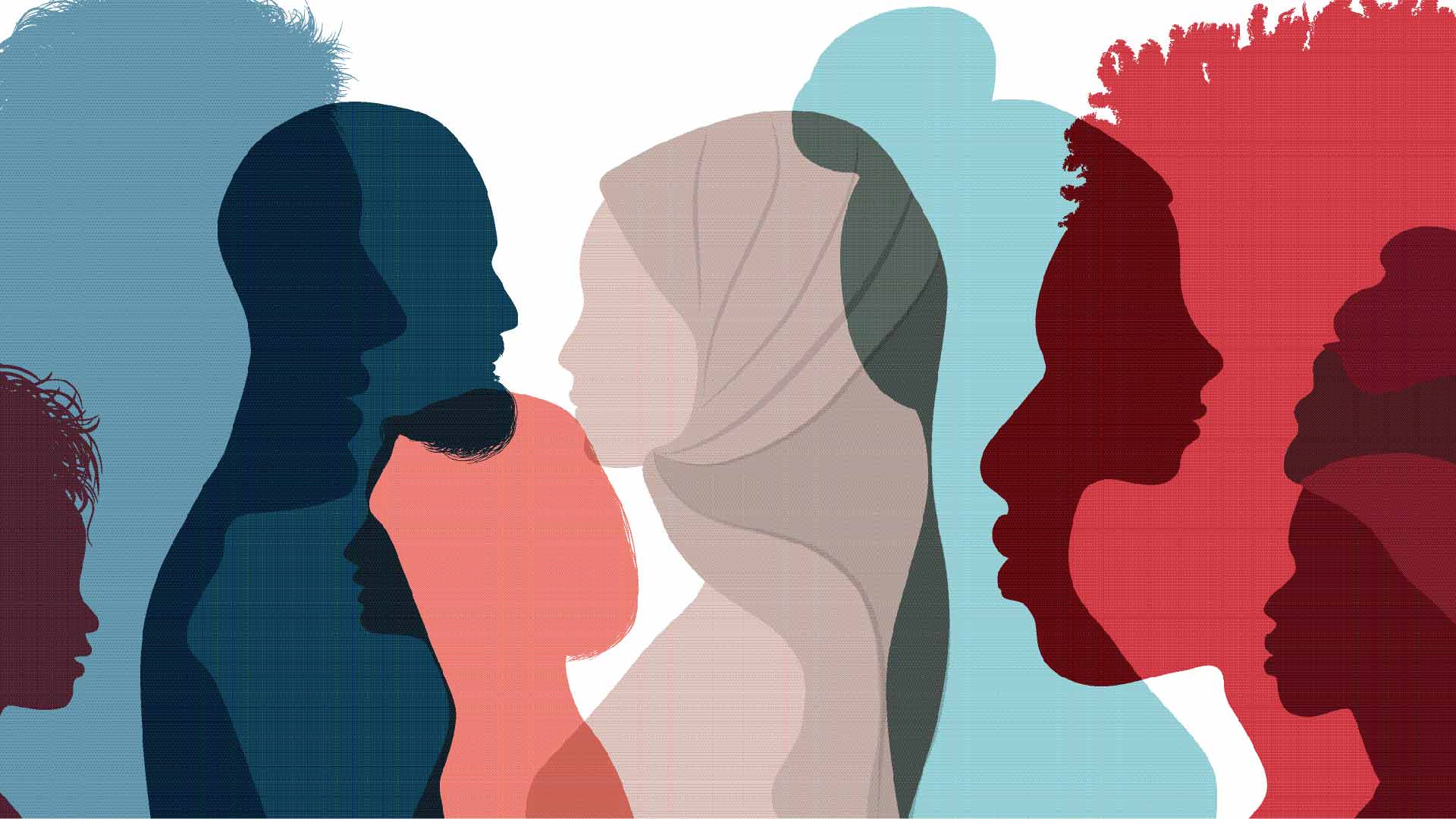Defined by the civil rights and women’s movements, the 1960s saw deep social, political and cultural change across the world. The introduction of the contraceptive pill in 1961 ignited the “second wave” of feminism, allowing for both the entrance and ascendance of women in the workplace. With the Women’s Liberation Movement gaining momentum, women began demanding equal pay, opportunity and workplace protection. The Dagenham’s Women’s Strike was a turning point in the fight for equality, paving the way for the enactment of the Equal Pay Act in 1970.

After the Women’s Liberation Movement of the ‘70s, the world was on the cusp of changing. In 1980, one film not only shone a light on gender equality but completely altered the debate: 9 to 5. Jane Fonda, Lily Tomlin, and Dolly Parton portrayed three office workers that started a workplace revolution, introducing job sharing, flexible hours and on-site childcare. The film not only came with a rapid increase of women in the workplace but also saw women starting to climb the corporate ladder. More than 40 years have elapsed since the film’s release; how much progress has been made?
In a year marked by a global pandemic, social change and economic downturn, the intensified challenges of the workplace loomed larger for three groups of women: mothers of dependent children, senior-level women, and black women (McKinsey, 2020). Thirty five percent of working mothers lost work during the pandemic due to lack of childcare support (The Fawcett Society, 2020). As a result, it is predicted that the UK gender pay gap (15.5%), will not close until at least 2050. Yet, it is the loss of current and future female leaders that could be erasing years of progress towards gender equality.
Royston Da Costa, Assistant Group Treasurer at Ferguson plc, says that when he first started in treasury 33 years ago, “It was only just beginning to develop as a function within large corporates and so was quite male-dominated. Over the last five years, we have seen a growing commitment to gender diversity, and this has largely been driven by the #MeToo Movement and regulation changes.” Among the UK’s FTSE 100 companies, the average percentage of female directors on corporate boards has increased from 15% in 2012 to 34.5% in 2020 (Statista, 2021). Yet, “Now, the issue is more about how much female representation is at a senior management level”, he says.
Women have always worked a “double shift”. Yet, with support being upended, women now face the additional challenges of childcare, home-schooling, mental health and burnout. To mitigate this, companies are re-establishing work-life boundaries, increasing awareness around mental health services, and leaders are modelling flexibility in their own lives.
Black women have continuously faced distinct challenges; systemic barriers, underrepresentation in senior leadership, and microaggressions. Now they also face the disproportionate impact of COVID-19 and emotional toll stemming from racial violence. Additionally, Latinas are more likely to worry about layoffs and LGBTQ+ women are more likely to cite mental health as one of their biggest challenges during COVID-19. By adopting an intersectional approach, companies can target specific interventions with recruiting, mentorship and sponsorship.
In many ways, COVID-19 has served as a clarifying moment across the three elements that ESG seeks to impact: planet, people and policy. Resilient businesses manage for the long term, understanding that ESG issues, just like the world of treasury are dynamic and changing. The four-day work week is gaining more traction, with companies aiming to improve employee wellbeing and reduce their environmental impact. Furthermore, many companies are starting to align initiatives with the UN Sustainable Development Goals, and are thus aligning their contributions to the needs of humanity and the planet.
Established in 2013, the Woman in Treasury initiative plays a pivotal role in celebrating and promoting representation and inclusion in the corporate finance space. Taking place on Thursday 17th June, our Women in Treasury APAC Forum featured three senior industry decision-makers debating some key topics highlighted by the respondents of our Women in Treasury Global Study.
This year’s panel included Stephen Hogan, Vice President Regional Treasury at Deutsche Post DHL Group, Deborah Ho, Country Head of Singapore and Regional Head of Southeast Asia at BlackRock, and Rebekah Wong, Head of Singapore Wholesale Payments and Head of APAC Market Management & Strategic Execution for Wholesale Payments at J.P. Morgan. Throughout the virtual event, attendees were given the opportunity to express their opinions and ask the speakers questions, creating a truly interactive, insightful and immersive experience.
We are in the midst of a seismic shift in the way we work; 93% of companies now say more jobs can be performed remotely. Companies must build solidarity to organise for change to not only protect significant gains in gender equality but also protect the uniquely impacted groups of women, ultimately reinforcing an equal and visible society.
References:
The Fawcett Society, 2020:
Francis-Devine, B., 2021. How has the coronavirus pandemic affected women in work?. [online] House of Commons Library. Available at: https://commonslibrary.parliament.uk/how-has-the-coronavirus-pandemic-affected-women-in-work/ [Accessed 24 June 2021].
McKinsey, 2020:
Coury, S., Huang, J., Kumar, A., Prince, S., Krivkovich, A. and Yea, L., 2020. Women in the Workplace. [online] Wiw-report.s3.amazonaws.com. Available at: https://wiw-report.s3.amazonaws.com/Women_in_the_Workplace_2020.pdf [Accessed 24 June 2021].
Statista, 2020:
Statista. 2020. Female directorships in FTSE 100 companies 2012-2020. [online] Available at: https://www.statista.com/statistics/684508/share-of-female-directorships-in-ftse-100-companies-uk/ [Accessed 24 June 2021].